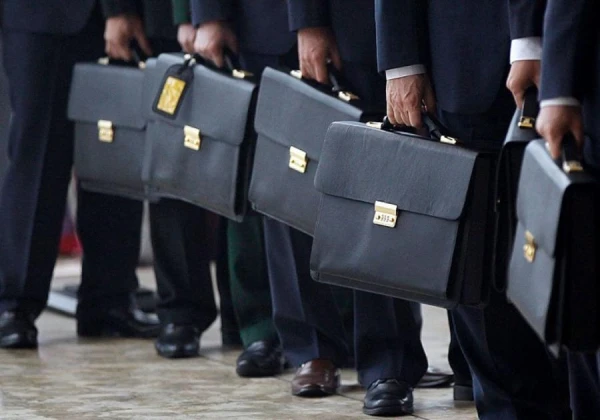
In villages, these women can live with a permanent male partner while still accepting clients.
“Sex work has had a huge impact on me. My body has become very weak, I am psychologically broken,” says Chandrika.
For Chandrika (name changed for confidentiality), her work in the sex industry began with a religious ceremony. At 15, she was taken to a temple and ceremoniously ‘married’ to a goddess.
“At that time, I didn’t realize what this ceremony meant,” she tells the BBC.
Now in her 30s, Chandrika has been having sex for money for nearly 20 years.
Authorities in the southern Indian state of Karnataka have begun a survey to identify individuals who, like Chandrika, entered the sex industry after being initiated as devadasis.
The tradition of devadasis, or ‘slaves of the goddess,’ originated in South India over 1000 years ago. Initially, devadasis performed in temples and were renowned for their sacred art of singing and dancing. However, over time, the devadasi system became more akin to a legalized prostitution system.
Although bans on the devadasi tradition began in many regions of India during the time when India was a British colony, Karnataka only prohibited this practice relatively recently — in 1982. Despite the ban, the devadasi tradition continues to exist to this day.
In villages, devadasis can live with a permanent male partner while still accepting clients. However, many of them move to larger cities like Mumbai to work in brothels.
After the initiation ceremony in Belgaum, Chandrika returned home and lived a completely normal life. However, four years later, a relative promised to arrange a job for her as a housemaid. Instead, she took Chandrika to the industrial city of Sangli and left her to work in a brothel.
“In the first months, it was very difficult. I felt terrible. I couldn’t eat or sleep,” recalls Chandrika. “I thought about escaping, but gradually I resigned myself to what was happening.”
Chandrika was only 19 years old. She had minimal education and poorly understood Hindi and Marathi — the languages spoken in Sangli.
“Some clients used rough physical force, others insulted me with words. I didn’t know how to cope with it,” continues Chandrika.
The clients of the brothel were a diverse group — from drivers and laborers to students and lawyers.
There, she met her partner — a local truck driver. The couple had a daughter and a son. All this time, Chandrika continued to work in the brothel, taking 10 to 15 clients a day while her partner stayed home with the children.
A few years after the birth of their second child, Chandrika’s partner died in a car accident, and she returned to Belgaum, where she spoke with the BBC through a translator.
Not all devadasis work in brothels, and some of them are not sex workers at all.
23-year-old cousins Ankita and Shilpa live in a village in northern Karnataka. Like Chandrika, they belong to the untouchable caste, which faces severe discrimination in India.
After studying for just a year, Shilpa dropped out of school and underwent the initiation ceremony at 20. Ankita studied until about 15. When she turned 21, her parents organized a dedication ceremony for her. Then her brother died, and her parents forced Ankita to become a devadasi.
“My parents said they wanted to dedicate me to the goddesses. I refused. A week later, they stopped giving me food,” says Ankita.
“I felt terrible, but I agreed for the sake of my family. I dressed like a bride and ‘married’ the goddess.”
Ankita wears a symbol of this union around her neck — a necklace of white pearls and red beads.
Neither Ankita’s mother nor grandmother were devadasis. The family has a small plot of land, but it is not enough to sustain them.
“We are afraid that if no one is dedicated, the goddess will curse us,” says Ankita.
Devadasis cannot marry but can have permanent relationships. Their partners may be married to other women. Ankita has rejected all attempts by men to get close to her and earns about four dollars a day working the fields.













